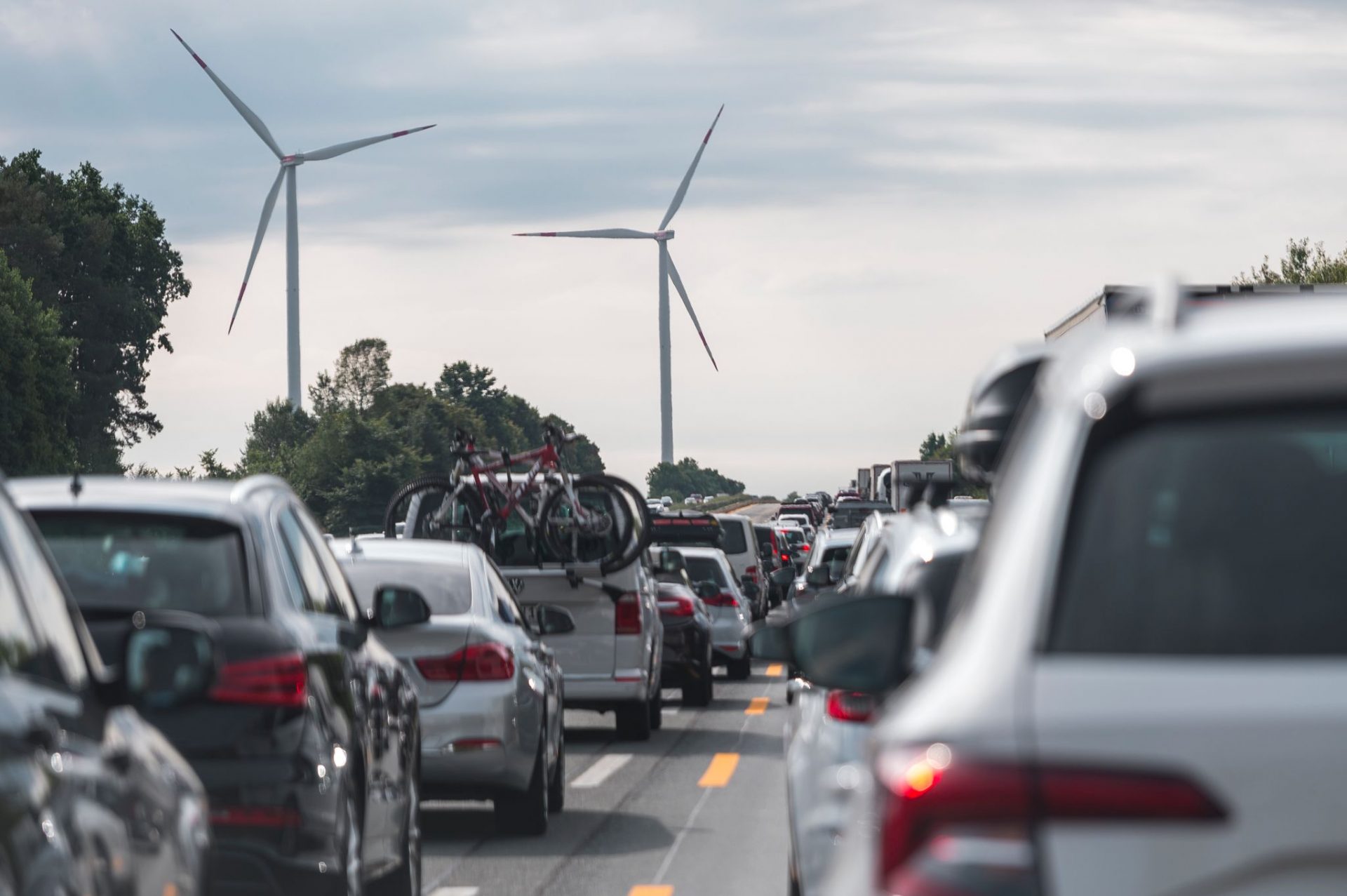Luxembourg (dpa) – France and Spain support the planned comprehensive ban on combustion engines starting in 2035. In a joint paper, both countries warn against softening this goal. The EU decision must not be called into question. “The future of the European automotive industry will be electric,” states the paper, which is available to the German Press Agency.
The Commission had announced, under pressure from the automotive industry, that it would review the corresponding regulation later this year. Paris and Madrid emphasize that billions of euros have been invested in the electrification of the European automotive industry since 2023. This strategic decision must be maintained.
France and Spain hope that during the upcoming review, the cap for 2035 and the environmental ambitions for CO2 emissions will be retained, according to the paper. In particular, the revision should in no way call into question the zero-emission target for 2035.
France and Spain also want relaxations
However, France and Spain are also advocating for relaxations. These should be strictly tied to production efforts in Europe. So-called super-credits for vehicles with a high European value-added share are being proposed.
This is intended to additionally save CO2 emissions. Whether this would allow the sale of new combustion engines—perhaps through the accounting of additionally saved emissions—after 2035 was initially unclear.
Both countries also reject any preferential treatment for plug-in hybrid vehicles after 2035. The EU Commission demonstrated in 2024 that their actual emissions are 3.5 times higher than those measured during approval tests.
Criticism from the German automotive industry
“The proposals from France and Spain, however, predominantly lead in the wrong direction,” stated the Association of the Automotive Industry (VDA). For example, requirements for value creation in the EU for the automotive industry are fundamentally the wrong approach, “because our supply chains are internationally intertwined.” Protectionism carries the risk of counter-reactions and cannot compensate for location disadvantages. (October 21)
 go to the original language article
go to the original language article
